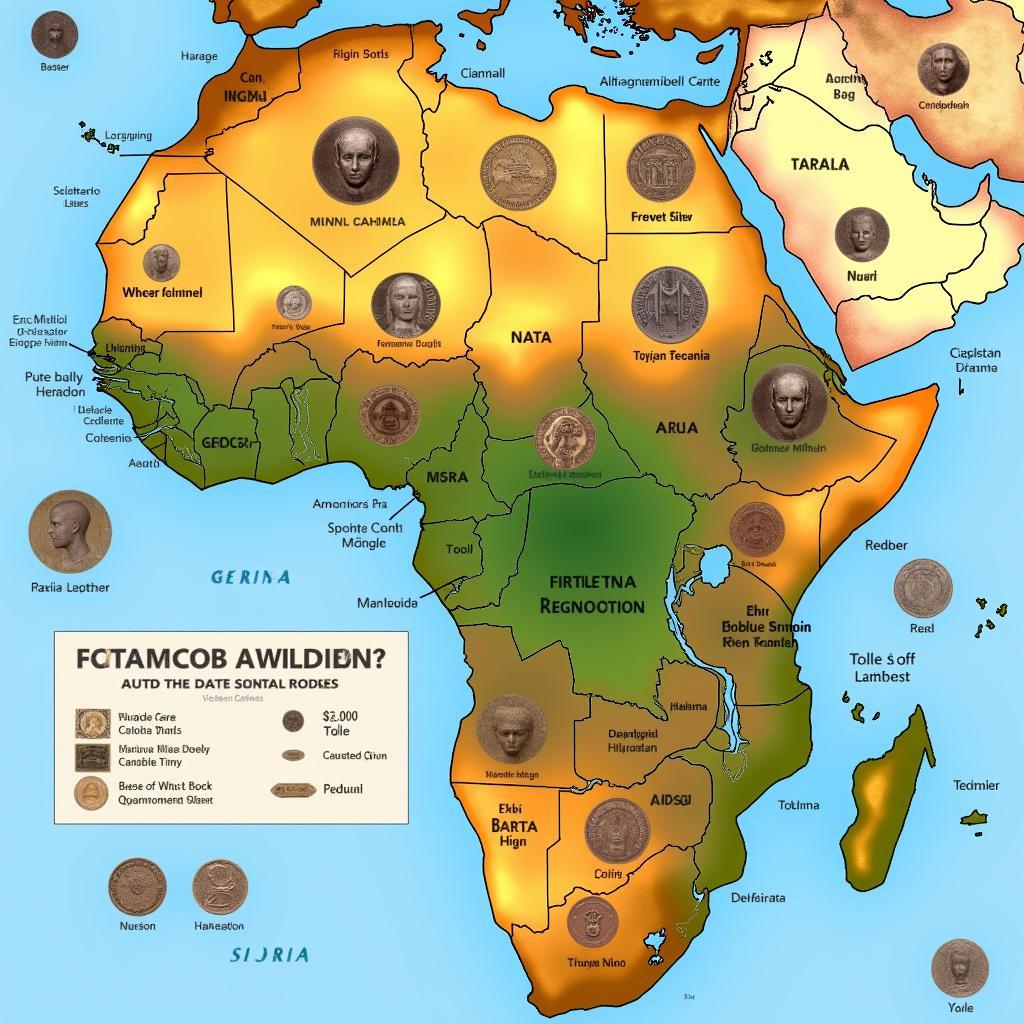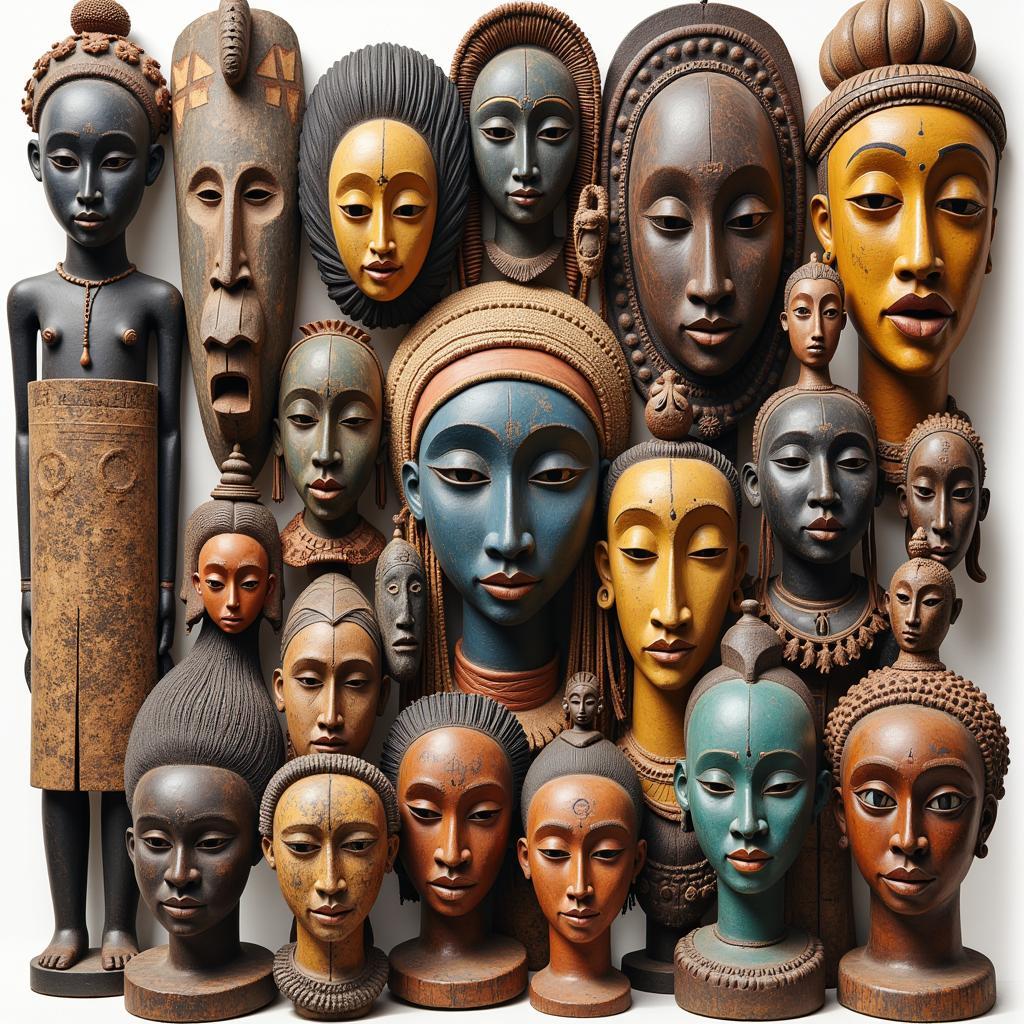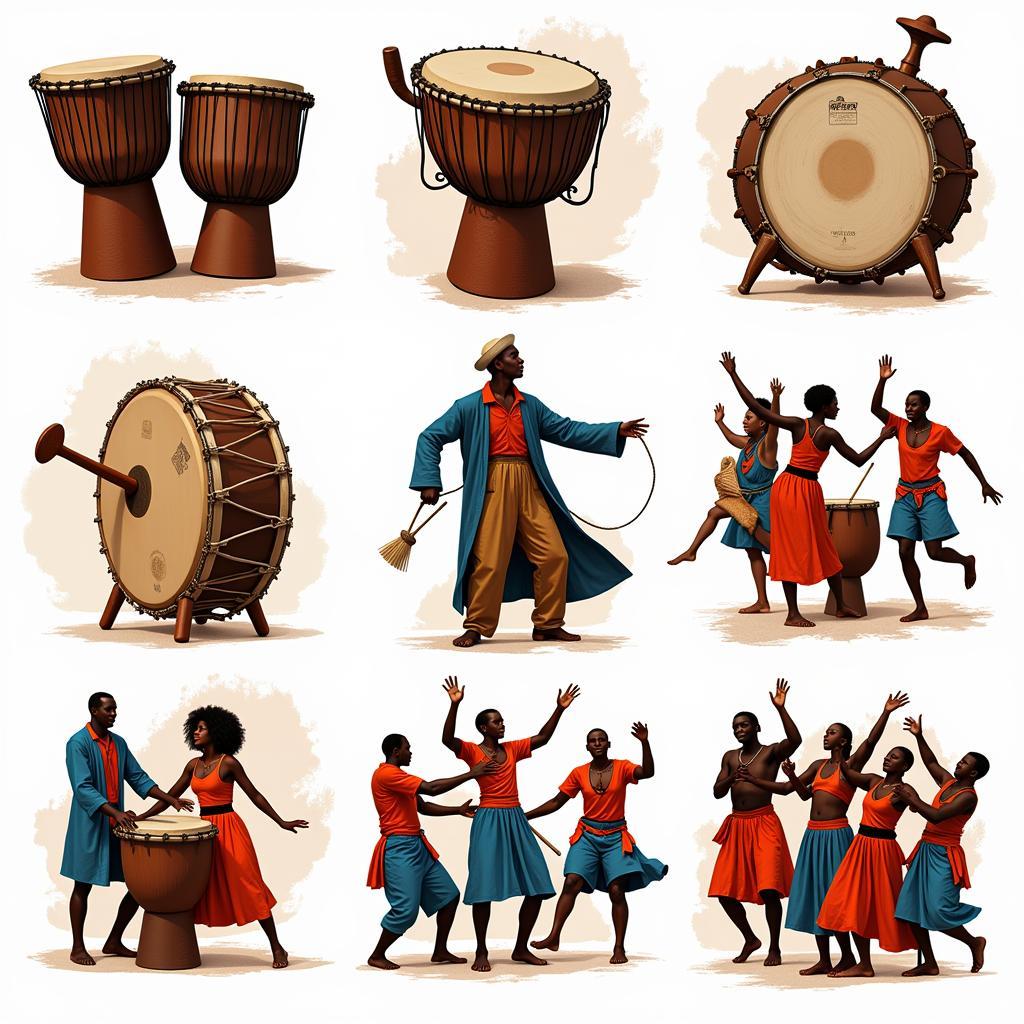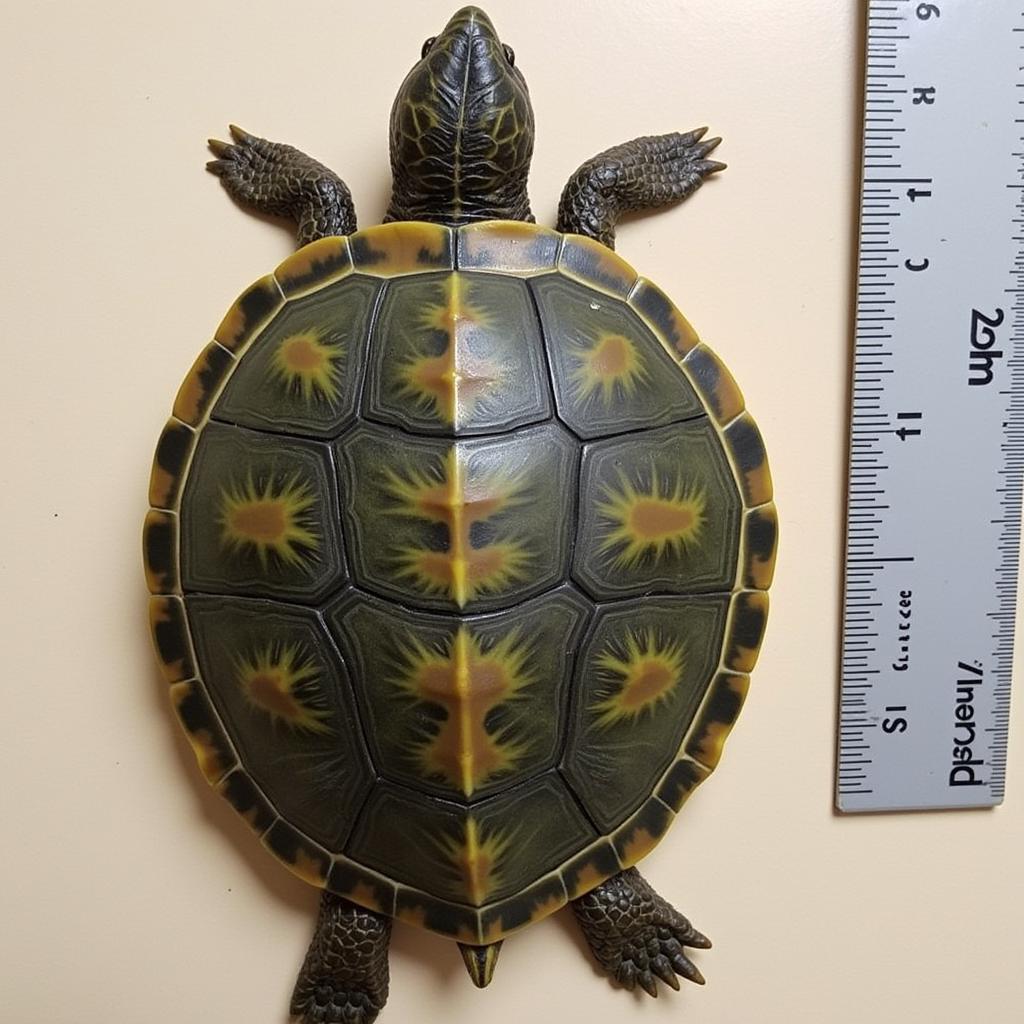Exploring African Culture and History for IELTS Reading
African culture and history offer a rich tapestry of traditions, languages, and artistic expressions, making it a fascinating subject for exploration, especially for those preparing for the IELTS reading section. Understanding the complexities and nuances of this diverse continent requires delving into its past, appreciating its present, and recognizing its potential for the future. From ancient empires to vibrant contemporary art scenes, African culture and history provide a wealth of knowledge for any inquisitive mind.
Understanding African history is essential for grasping the complexities of its culture. The continent is the cradle of humankind, boasting a legacy of ancient civilizations like Egypt, Kush, and Axum. These empires left behind magnificent monuments, sophisticated writing systems, and advanced political structures. Later, powerful kingdoms like Ghana, Mali, and Songhai arose, contributing significantly to global trade and intellectual development. This historical richness has significantly shaped cultural practices and beliefs across the continent. For instance, oral traditions, which played a vital role in preserving history and passing down knowledge in many African societies, continue to be an integral part of cultural expression today.
The Importance of African Coins in Understanding History
The study of African coins, much like other artifacts, provides a unique window into the continent’s past. These small pieces of metal tell stories of trade routes, economic systems, and the rise and fall of empires. They offer tangible evidence of intercultural exchange and influence. Numismatics, the study of currency, can reveal a wealth of information about past civilizations. Check out this article on African coins reading for more details.
Furthermore, exploring the history of African currency allows us to challenge Eurocentric narratives that often dominate historical discourse. By studying indigenous monetary systems, we can gain a deeper understanding of pre-colonial African economies and their complexities. This is a crucial step towards decolonizing historical narratives and appreciating the diversity of African economic systems.
 African Trade Routes and Currency: Depiction of Ancient Trade Routes and Currency Systems in Africa
African Trade Routes and Currency: Depiction of Ancient Trade Routes and Currency Systems in Africa
African Music and Art: Vibrant Expressions of Culture
African music and art are celebrated worldwide for their vibrancy, rhythm, and symbolism. From the intricate mask carvings of West Africa to the mesmerizing polyrhythms of traditional drumming, these art forms reflect the diversity of the continent’s cultures. They often serve important social functions, such as storytelling, religious ceremonies, and communal celebrations. Understanding the symbolism and significance of these art forms is essential for appreciating the depth and complexity of African culture.
How African Desert Ielts Reading can enhance your understanding
Preparing for the IELTS exam often involves exploring various topics related to global cultures and environments. The African desert, with its unique ecosystem and human adaptation strategies, provides an excellent case study. Reading materials on this topic can broaden your knowledge and improve your reading comprehension skills. Check out this insightful resource on the African desert for IELTS reading.
 Intricate African Masks and Sculptures
Intricate African Masks and Sculptures
What is the significance of African Money Names?
The names of African currencies often reflect the history, culture, and values of the countries that use them. Understanding the etymology of these names can offer insights into the linguistic diversity and cultural nuances of the continent. For instance, some currency names derive from local languages, while others reflect historical events or natural resources. This article on African money names provides further information on this topic.
 Vibrant African Musical Instruments and Dance
Vibrant African Musical Instruments and Dance
Dr. Anika Mutibwa, a renowned anthropologist specializing in African studies, notes, “African currencies, beyond their economic function, embody symbolic representations of national identity and cultural heritage.” Another expert, Dr. Kwame Nkrumah, a historian specializing in African economic history, adds, “Studying African currencies unlocks valuable insights into the continent’s complex pre-colonial trade networks and economic systems.”
Conclusion: African Culture and History for IELTS Reading Success
African culture and history provide a wealth of information relevant to IELTS reading preparation. By exploring the continent’s rich past, vibrant artistic expressions, and diverse traditions, you can gain a deeper understanding of global cultures. This knowledge not only broadens your horizons but also equips you with the necessary skills to excel in the IELTS reading section. Continue exploring the fascinating world of African culture and history to enhance your understanding and appreciation of this diverse continent.
FAQ
- What are some key aspects of African culture?
- How has African history shaped its present-day cultures?
- What are some notable examples of African art and music?
- Why is it important to study African history and culture for the IELTS?
- Where can I find more resources on African culture and history for IELTS reading?
- How can I improve my reading comprehension skills for IELTS?
- What are some common themes explored in IELTS reading passages about Africa?
Need More Help?
For further assistance or information regarding African Culture and History, check out these resources on African Coins IELTS Reading Answers.
african coins ielts reading answers
Need more help? Contact us! Phone: +255768904061, Email: kaka.mag@gmail.com or visit us at Mbarali DC Mawindi, Kangaga, Tanzania. We have a 24/7 customer service team.

